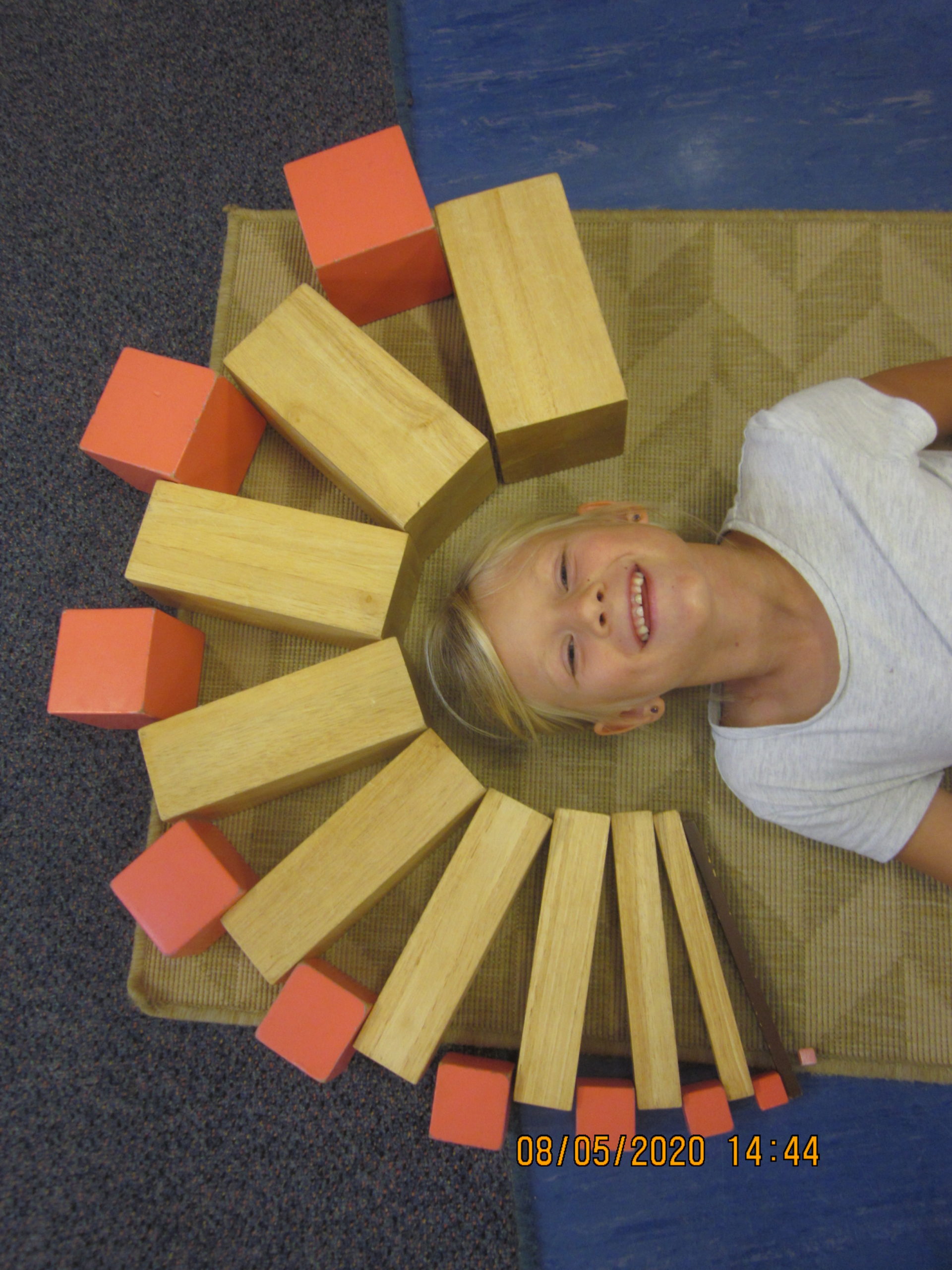The Kiss & Drive drop off and pick up is working beautifully. It’s so lovely to see the positiveness of the children as they drive through to school every morning since the beginning of the term. Building independence is at the heart of the Montessori philosophy. Getting ready for school is a team effort between children and families. Parents can be successful at teaching their children to be independent, within the parameters of what’s appropriate for a child’s age and abilities. Most parents struggle to not take over for their child and continue to prevent the child from building their independence by constantly becoming over protective. This can inhibit the independence of the child and cause over reliance on parents.
Mornings can be tough. Everyone needs to get up, get dressed, have breakfast, and be ready to go, often in a short amount of time. Parents can end up rushed, frazzled, and short on patience. No one wants to begin the day that way! Here are a few simple, sanity-saving tips to help mornings with young children feel more manageable. In the long run, offering your children some ownership over their morning will enable a more peaceful routine for everyone.
The Night Before
- Help your child put out clothes for the next day.
- Help pack their backpack for the next day, including library books, hat or jumper Resist the urge to step in. Affording responsibilities like these offers children opportunities for input and thus a sense of ownership.
- Talk about the plans for the day – after school activities, pick-up arrangements, etc. Maria Montessori observed that children find security in a predictable schedule.
- Structure bedtimes so that your children have adequate sleep:
10 to 12 hours for children aged 3 to 12.
- Keep the bedtime routine the same (baths, stories, etc.); make it uncomplicated so that it doesn’t take the whole evening.
In the Morning
- Get yourself up early with time to spare.
- Allow your child to help pack a snack and lunch for school so they know what they have packed.
- Sit down to eat breakfast with your children, setting a good example.
- Use the clock. In this busy world, children can feel rushed around without any understanding of why, and this can lead to tantrums and power struggles. Explain to your child that everyone needs to be out of the house at a certain time.
- Stay positive, present, and pleasant. Hopefully there is time for the unpredictable “catastrophe” such as a lost book or forgotten item for school.
Listen to your children’s input and involve them in the process—by doing so, you show respect and positively impact self-esteem. As Montessori asserted,
“Children are human beings to whom respect is due, superior to us by reason of their innocence and of the greater possibilities of their future.”

